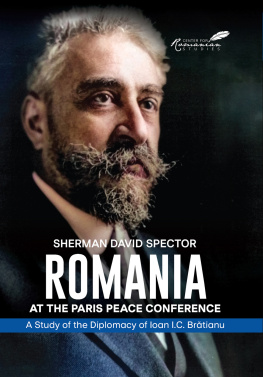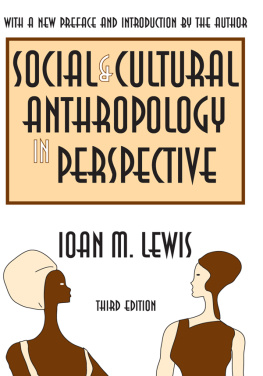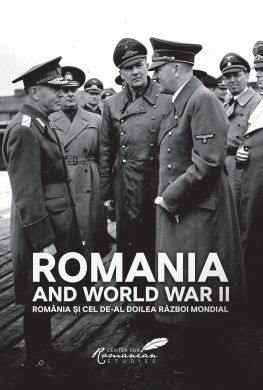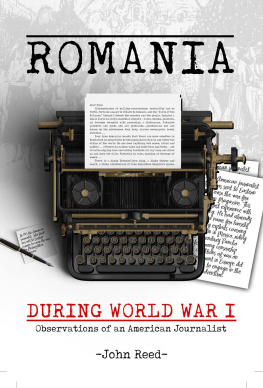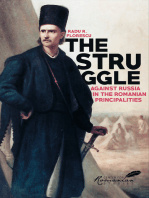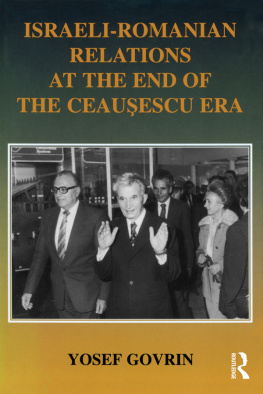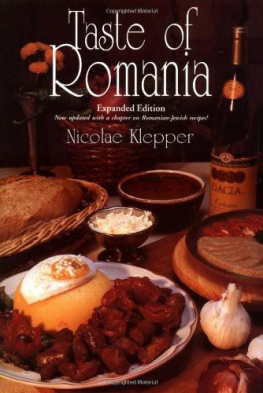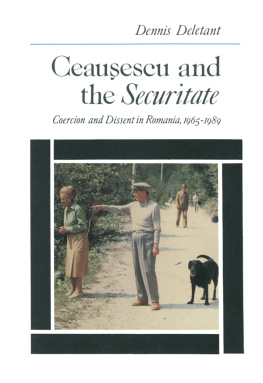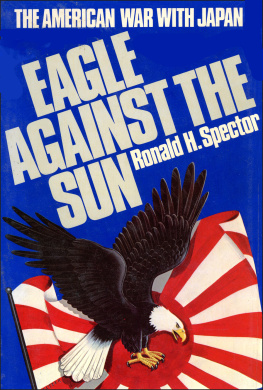Sherman David Spector - Romania at the Paris Peace Conference: A Study of the Diplomacy of Ioan I.C. Bratianu
Here you can read online Sherman David Spector - Romania at the Paris Peace Conference: A Study of the Diplomacy of Ioan I.C. Bratianu full text of the book (entire story) in english for free. Download pdf and epub, get meaning, cover and reviews about this ebook. City: Las Vegas, year: 2023, publisher: Center for Romanian Studies, genre: History. Description of the work, (preface) as well as reviews are available. Best literature library LitArk.com created for fans of good reading and offers a wide selection of genres:
Romance novel
Science fiction
Adventure
Detective
Science
History
Home and family
Prose
Art
Politics
Computer
Non-fiction
Religion
Business
Children
Humor
Choose a favorite category and find really read worthwhile books. Enjoy immersion in the world of imagination, feel the emotions of the characters or learn something new for yourself, make an fascinating discovery.
- Book:Romania at the Paris Peace Conference: A Study of the Diplomacy of Ioan I.C. Bratianu
- Author:
- Publisher:Center for Romanian Studies
- Genre:
- Year:2023
- City:Las Vegas
- Rating:3 / 5
- Favourites:Add to favourites
- Your mark:
Romania at the Paris Peace Conference: A Study of the Diplomacy of Ioan I.C. Bratianu: summary, description and annotation
We offer to read an annotation, description, summary or preface (depends on what the author of the book "Romania at the Paris Peace Conference: A Study of the Diplomacy of Ioan I.C. Bratianu" wrote himself). If you haven't found the necessary information about the book — write in the comments, we will try to find it.
Written by Sherman David Spector, a noted American specialist on Romanian history, Romania at the Paris Peace Conference studies the diplomacy of Ioan I.C. Bratianu during World War I and in its aftermath that led to the formation of Greater Romania. The book describes the successful struggle waged by the Romanian government for recognition of the provisions of the secret treaty of 1916 and, in addition, for approval of the de facto annexation of Bessarabia, carried out in 1918 with the encouragement of the Central Powers. A substantial share of the credit for this achievement, Spector asserts, must be given to Ioan I.C. Bratianu, a stubborn, over-bearing, yet skillful negotiator who answered all attempts to delineate more equitable frontiers with a rigid restatement of Romanias full claims.
Bratianu was a master of that subtle, farsighted, and somewhat disreputable diplomacy, in other times referred to as Byzantine. Like his Byzantine forebears, Bratianu was adept in the art of playing nations against each other for his own benefit. The uncertainty in which he left the Great Powers as to which side Romania would eventually join was a masterpiece of political strategy. Vacillation as a diplomatic art was brought to its loftiest height of perfection by Romanian rulers during the centuries of precarious existence wedged between the Turks, Magyars, and Slavs.
Bratianu proved a worthy successor to his predecessors. From 1914 to 1916, he executed one of the most notable acts of political tightrope walking. The Germans assumed he would never fight against them but feared he might not fight for them. The Allies doubted if he would ever fight for them but hoped he would not fight against them. Finally, he threw in with the Allies at the decisive moment, and the results were catastrophic. But out of the catastrophe, Romania emerged with her territory and population doubled, becoming the sixth-largest country in Europe and the dominant state in Southeastern Europe.
*
Professor Spector is to be commended for the dispassionate manner in which he handles the highly controversial events surrounding the determination of Romanias frontiers; his account is easily the best currently available Glenn Torrey, Slavic Review
This work offers much to historical research, being supported by rich archival material which the writer has used to good effect Athan E. Karathanassis, Balkan Studies.
Romanians throughout the world should be grateful to Professor Spector for the time and effort he has dedicated to studying one of the decisive chapters in their history. Alexandru Cretzianu
Sherman David Spector: author's other books
Who wrote Romania at the Paris Peace Conference: A Study of the Diplomacy of Ioan I.C. Bratianu? Find out the surname, the name of the author of the book and a list of all author's works by series.

